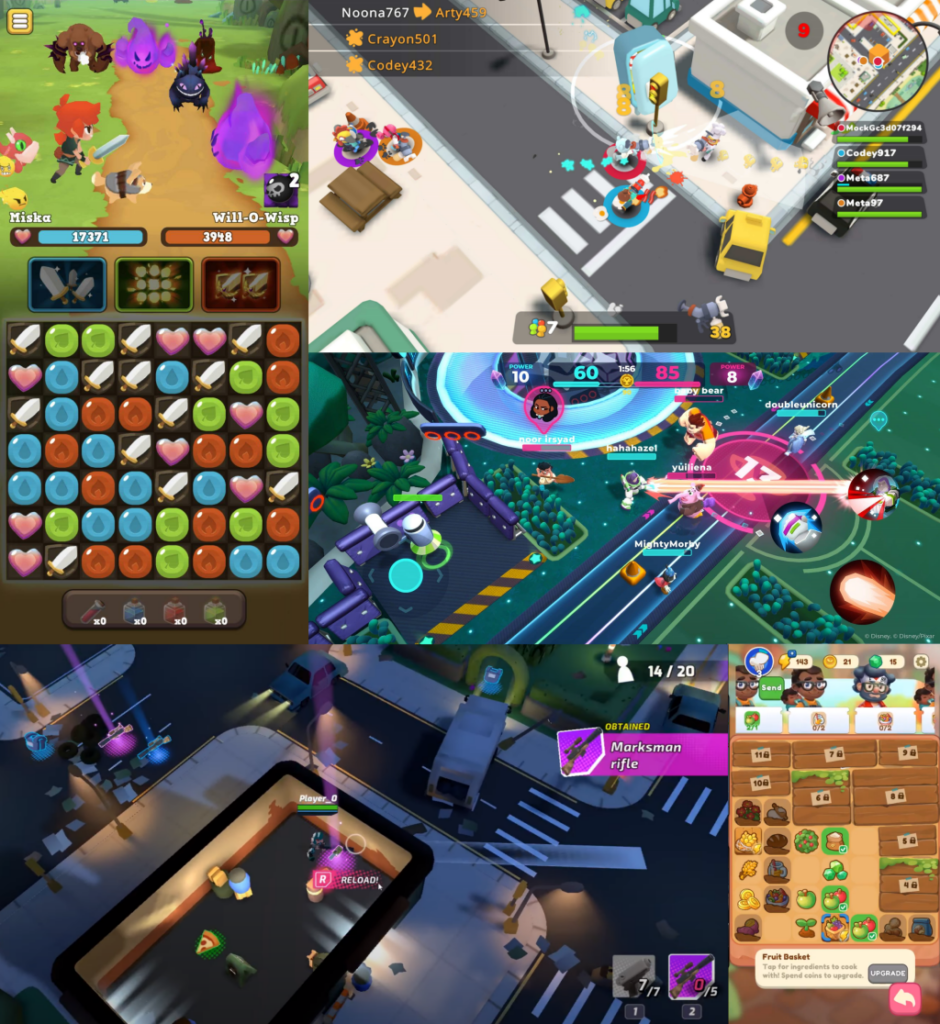When was the last time you complimented someone on work well done? Or when did you last receive praise for work efforts you poured your soul into? Let me share a story from my earliest days as a designer about how positive feedback impacted my career.
We All Start Somewhere
In my first job in the game industry I started out as a data-entry monkey; an entry-level designer whose work involved setting up animation data, action triggers and events in a behavioral state machine to make characters and animated objects in the game come to life.
This was for the most part handled on demand as new characters and animations become ready for setup. No up-front design work was required, no extensive documentation needed to be written—we hooked stuff up on the fly, creating new character states, actions and transitions between states as and when needed, in some cases building up complex states to support new combat moves, quest cutscenes, AI behaviors, etc.
What Makes a Designer
Almost half a year into the job, I had still not written a single design document. The nature of the role I had simply did not require this of me—or even leave room for it. There were no design discussions or meetings to plan ahead, and there were no design reviews. As a result, even though I did the work of a designer, I did not feel like a designer, and I didn’t feel part of the wider design team.
This sentiment was echoed by some team members who, a few years into time there, even questioned—to my face—the necessity of my role, and whether it ever needed to exist in the first place. This did not do wonders for my self-confidence, as you can imagine. I was feeling undervalued and doubted myself, wondering whether I truly belonged.
However, what kept me going through all that was positive feedback I received for the quality of the work I had done, and for the design documents I had written—in particular the first one I ever wrote!
First Design Document
My first design document was short and simple, and detailed some improvements to an existing feature in the game. It outlined the benefits the improvements would bring to players and to the game, highlighted potential risks of doing them, broke down associated development costs, and provided suggestions for multiple different ways of getting it done.
I poured a lot of heart into the document, even though it was an obvious next step to take and an improvement that both players and devs could see coming from a mile away. So when I received positive feedback on the design from the design team and from higher-ups who reviewed designs, I was over the moon!
Fuel for Long-term Passion
It was a pivotal moment that cemented my future in the game industry, as it made me realize that I was already a game designer, and I did have some small amount of talent for it that went beyond just entering data in a glorified database.
Over time my role there evolved, and I took on more “traditional” design responsibilities, but none of that would have been possible if not for the positive feedback I received from people at multiple levels in the studio hierarchy. It did wonders for me as a budding designer, and it fueled my passion for years to come. Without it I would likely have burned out and left the industry entirely, like so many others I worked with back then. f.
Moral of the Story
Positive feedback can be a game-changer. If you work with someone – whether they’re your colleague, your subordinate or even your boss—acknowledge their good work; let them know! Your feedback might have a stronger impact than you think.

